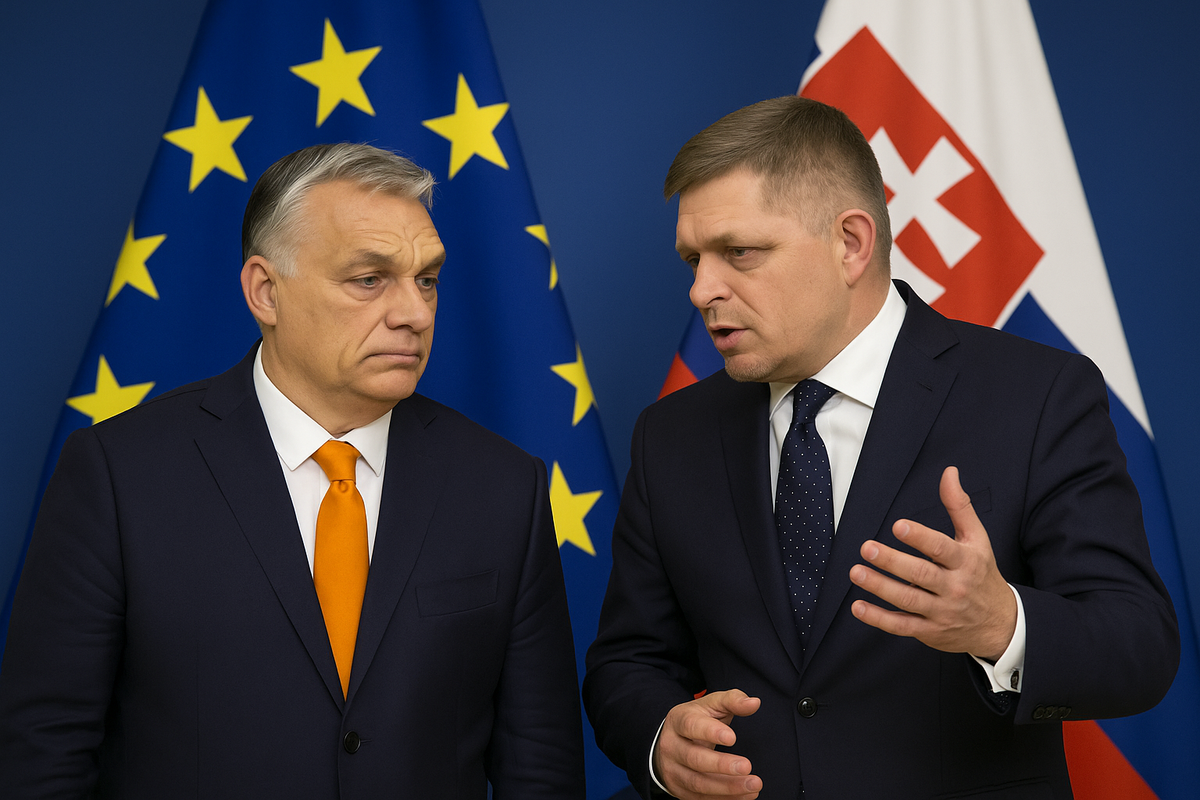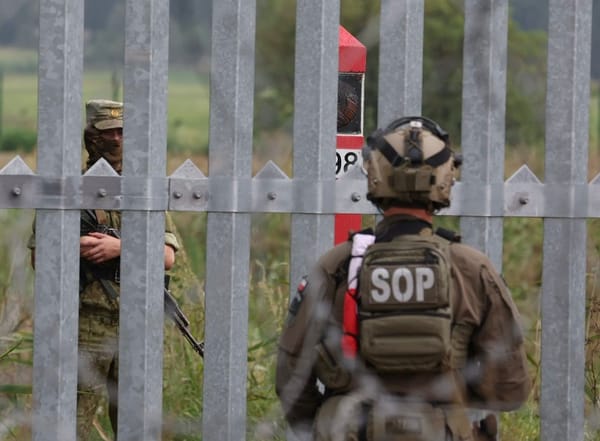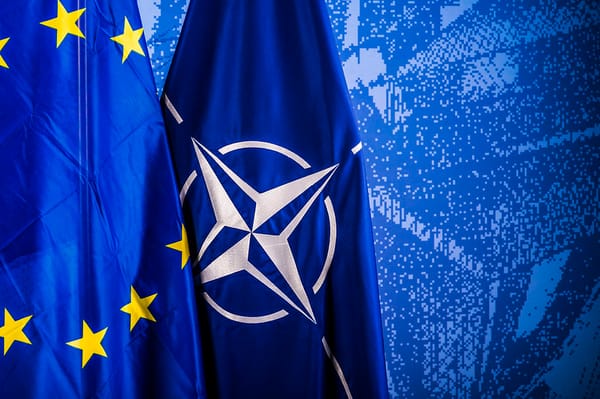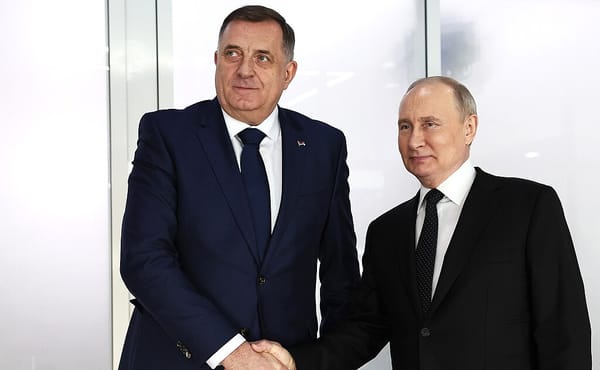
Hungary, Slovakia resist EU's energy, budget reforms amid growing east-west schism
Hungary and Slovakia have emerged as the most vocal opponents of two of the EU’s most consequential reform proposals: plans to phase out Russian energy imports and to overhaul the bloc’s long-term budget to prioritise defence, climate and digital transition.
EU mulls ban of new Russian energy contracts by year end
The European Commission (EC) REPowerEU roadmap sets a deadline to end all EU imports of Russian gas, oil and nuclear materials by 2027. The plan includes banning new contracts for Russian energy from 2025 and terminating existing spot contracts by the end of the year.
Long-term supply agreements would be wound down by 2027. The EC argues that the measures will strengthen energy security and reduce geopolitical risks linked to reliance on Russian supplies.
While most EU member states have backed the proposal, Hungary and Slovakia have raised objections. Both countries still rely on Russian pipeline gas under long-term contracts, and both have warned that the phase-out could damage their economies.
Hungarian Prime Minister Viktor Orban has repeatedly asserted that Hungary’s energy security depends on continued Russian supplies. Slovakia, which relies on Russian nuclear fuel for its power plants, has also expressed reservations about the feasibility of the EC’s timeline.
Energy dependency grew since Russian invasion of Ukraine
A recent report by the Centre for Research on Energy and Clean Air and the Center for the Study of Democracy found that Hungary’s dependence on Russian crude oil rose from 61% before Russia’s full-scale invasion of Ukraine in February 2022, to 86% in 2024.
Slovakia remains almost entirely reliant on Russian oil. Since the invasion, Hungary and Slovakia have paid an estimated EUR 5.4bn in tax revenues to Russia on crude oil imports alone, the report said.
The EC plans to introduce legal measures by June to enforce the phase-out, including new transparency requirements for energy companies to disclose details of their supply contracts.
The plan could reshape global energy markets by boosting EU demand for liquefied natural gas (LNG) from suppliers such as the US, Qatar and Norway. This shift is expected to trigger new investments in LNG infrastructure across Europe.
EC President Ursula von der Leyen said: "It is now time for Europe to completely cut off its energy ties with an unreliable supplier." Despite the EC’s push, Hungary and Slovakia are expected to press for exemptions or extended transition periods in upcoming negotiations.
New EU budget policy could hit CEE countries in pocket
At the same time, the EC's proposed overhaul of the long-term EU budget has sparked additional concerns in Central and Eastern Europe (CEE). The EC's proposal would redirect funding toward defence, climate action and digitalisation, potentially reducing cohesion funds for less affluent member states.
As major recipients of EU cohesion funding, Hungary and Slovakia have warned that the proposed reallocation could undermine regional development and economic convergence. Both countries rely on cohesion funds to finance infrastructure and growth initiatives.
The EC's plans also include stricter enforcement of rule of law conditions on EU funding, adding further complications for Hungary, which has faced scrutiny for perceived democratic backsliding under Orban.
The twin reform plans, on energy and the budget, highlight a growing divide between member states pushing for strategic reallocation of EU funds and energy sources, and those in CEE warning that convergence and energy security must not become secondary priorities.





